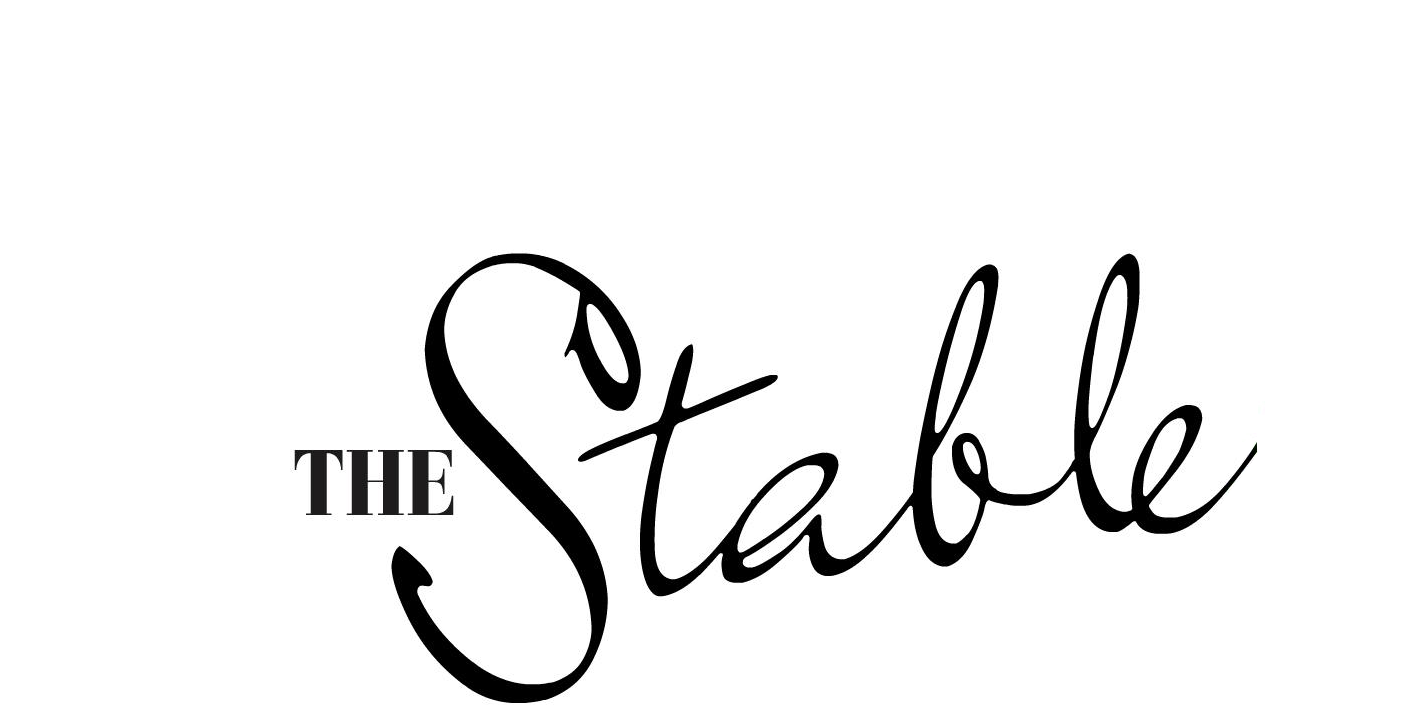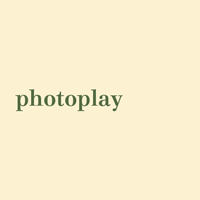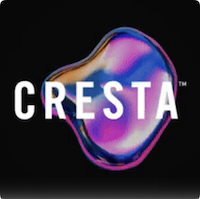Soft drinks are being pushed and shoved from every corner – energy and sports drinks at one, coconut water and iced teas at another, juices at a third, bottled water at the fourth. And it shows.
Total sugar contribution from soft drinks has dropped in Australia by around a quarter (26%) for each person over the past 15 years [Australian Beverage Trends Report June 2014]. Consumption of soft drinks has fallen from 84 litres per person in 2006 to 72 litres per person in 2011. [Levy G.S., Shrapnel W.S. (2014) Quenching Australia’s thirst: a trend analysis of water-based beverage sales from 1997 to 2011. Nutrition & Dietetics.]
And Australia is following a first world trend. Only developing countries are showing ‘encouraging’ signs for the sector’s future growth.
It seems to be stating the obvious that soft drink has a bad health reputation that it cannot overcome.
That doesn’t mean that the big three are giving up. Nestlé, PepsiCo and Coca-Cola have all dabbled in ‘natural’ soft drinks, drinks sweetened with stevia, and coconut water. Coca-Cola launched Zico coconut water here a couple of months ago.
But all soft drink brand owners are also doing what they can to keep selling lots of sugary water with colours and flavours.
A few months back, global consumer goods packaging and contract manufacturing company called Colep created the world’s first plastic aerosol can, for an orange flavoured soft drink called Turbo Tango. You put your mouth up to the spout and squeeze the trigger. It’s the same principal as drinking whipped cream straight from the can.
Guess what? It’s aimed at the teen market. Not only does this sector respond more favourably to junk food and drink launches, it also tends to respond with the greatest enthusiasm to new ideas.
Which brings us to Pepsico’s new global campaign for 7Up Free. It’s also aimed at millenials. And it’s also built on someone else’s idea.
At the beginning of 2013, Saatchi & Saatchi picked up on an urban trend called yarnstorming or yarn bombing – the transformation of urban dullness with colourful yarn. It used the trend to help promote Toyota’s hybrid vehicles. The wider campaign was called Positive Power and its aim was to inject positivity to the everyday lives of Londoners, by supplying Prius plug-in hybrid vehicles to support a range of activities over the next few weeks. In this case, the Toyotas helped urban knitting duo, Knit the City, aka The Fastener and Deadly Knitshade, transform the Brixton area of London.
Now, New York production and entertainment company, Mssngpeces, has built its Feels Good to be You campaign for 7Up Free on the yarn bombing phenomenon. 7UP (whose original recipe included lithium – until it was banned in 1950) has been the drink for free-thinkers since the late ‘60s.
Kristin Patrick, the global beverage brand senior vice president and chief marketing officer at PepsiCo, commented, “7Up believes that everyone is naturally unique and original – and they should be able to bring out their originality to keep the world fresh and diverse. There is an amazing correlation between our consumers, our product and our brand. From the exciting new visual identity, to the clear, crisp taste that can only be 7Up, our brand is as unique as the people who drink it.
“And it’s this uniqueness that the new campaign celebrates as 7Up becomes a companion to originals around the world and provides a genuine platform to share their diversity of interests.”
Mssngpeces has created two TV spots, several digital documentary films, and experiential and social media executions in the 2014 campaign that features Texan urban knitter, Magda Sayeg (aka “the mother of yarn bombing”) and a team of helpers, who visit a run down square in Santiago, Chile, and knit covers for the fountain, pavement, benches, trees and even a guitar.
The first TVC has kicked off in the UK and Ireland with a promotional tour through the streets of London in a yarn-covered No. 7UP Bus. It will eventually be used in 140 countries.






















